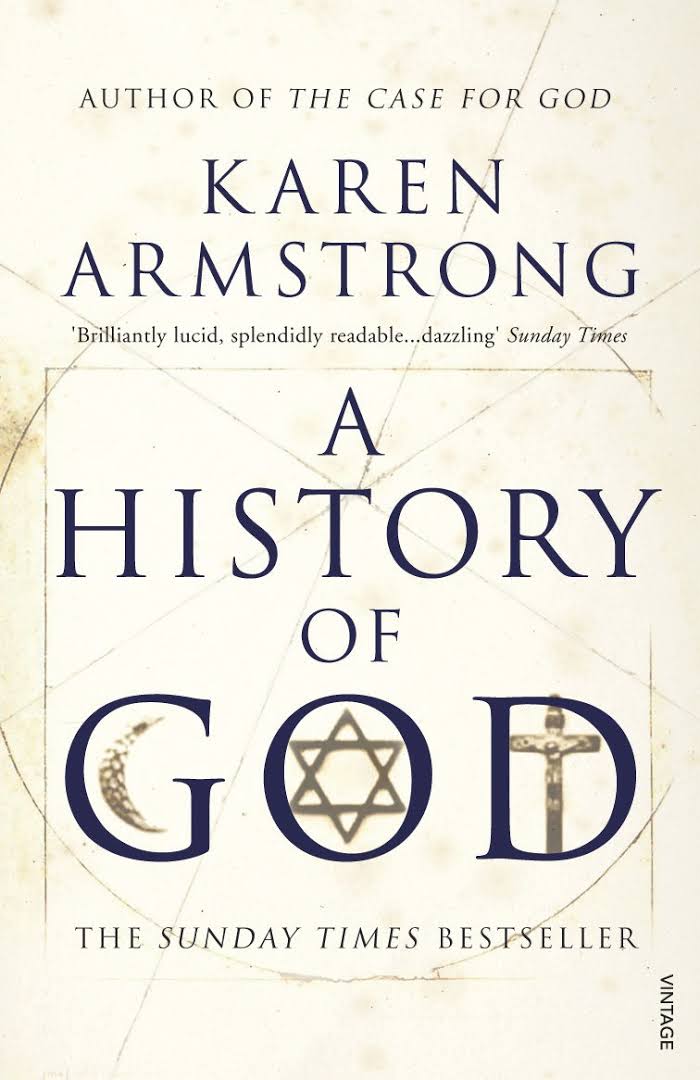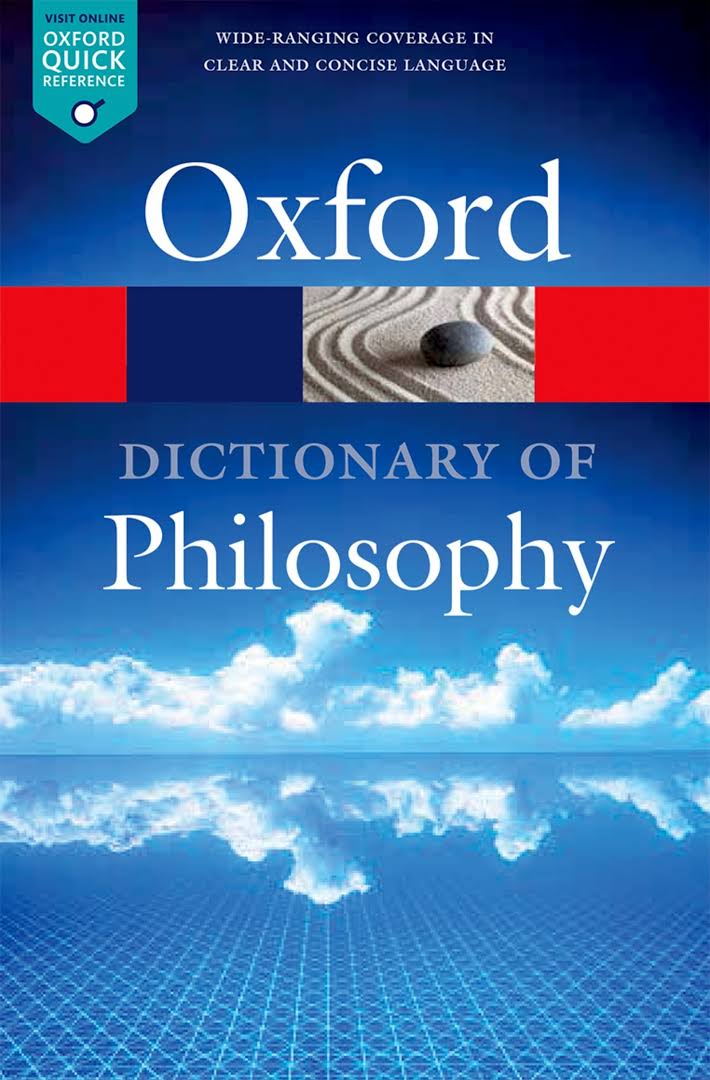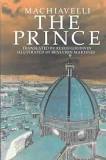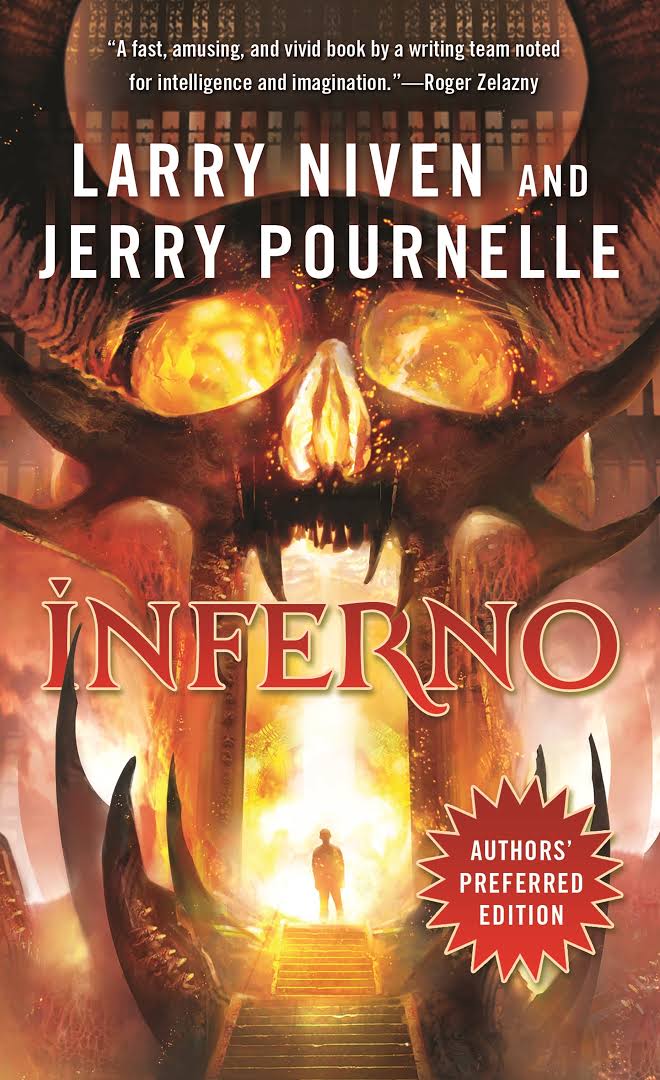| (under construction)
Since I don't have a life, I spend a considerable amount of time reading (besides constructing vanity, and other, websites - if you want one contact me). While it is true that knowledge is frequently mistaken for wisdom, it is also true that a prerequisite of wisdom is knowledge. This is to say that all the intelligence in the world will do you no good, if you don't know what it means, how to apply it, and most importantly, have a solid foundation of fact upon which to base your wisdom. I wouldn't say that the following collection of books will grant wisdom, or engender (ex-nihilo, as it were) wisdom in you, but I would go so far as to say that they are all extremely sound works that, I feel, show something important about the human condition, history, science, religion, and so on. These pages show you the thumbnails of the front cover of the book, its back cover and give a brief summary of why I think the book is important. By clicking on either the front or back cover you'll get a picture of the back of the book (or whatever bit gives the blurb) and a scan of a random selection of text. (I don't know how you buy books, but for me it's largely down to scanning the blurb and a quick read. If it attracts me after that, I'll buy it). Oh yes ... there'll also be a liberal sprinking of science fiction and fantasy, videos, tapes and CDs, some of which are rather more factual, in a sense, than the best works of moral philosophy. But as they say, so it goes. |

Karen Armstrong, ISBN 0-345-38456-3, Pub. 1994, Ballantine Books.


The title might suggest, to some, that this is yet another of those semi-literate, semi-mystical, semi-idiot fundie Christian devotional works that is purportedly based in fact.It isn't. In fact it is a superbly readable history of the development of the three major monotheistic religions: Judaism, Christianity and Islam.The book fluently describes how conceptions of God have changed over the centuries and millenia, and how these changes have changed society. God, if there is a God, may be eternal and changeless, but human perceptions of the Divine have certainly changed, and changed civilisation in the process. Armstrong illustrates the book by giving incisive accounts of the religious beliefs of many historical figures and shows how God has always been perceived as need dictates.
Next time someone suggests that their particular religious varient
is true to the ancient version, and if they can read, point them at this book; they'll be in for one hell of a suprise.

Simon Blackburn, ISBN 0-19-283-134-8, Pub. 1996, Oxford University Press.



An Extremely useful reference work. From Aristotle to Zen this is the most comprehensive, authoratative, and up-to-date dictionary of philosophy available, it says here. It is fairly non-technical, and covers important themes from Chinese, Jewish, Indian and Islamic philosophy, as well as Western Philosophy.

Niccolo Machhiavelli, ISBN


The Bible of realpolatik. The Prince is both a sober guide as to how to take and hold power, and an impassioned tract of the times.

Stephen Baxter, ISBN



As far as science fiction goes, I prefer the "hard" variety and Stephen Baxter is a consumate master of the art. Ring is the final volume of the Xeelee sequence and charts the progress of humanity from about 4,000 CE to 5,000,000 and our virtual extinction. You see, the universe is dying, at least the stars, all of the stars, are, ah, going out. An expedition from 4,000 travels into the future using relatavistic means, and beholds the end of the universe. Weak characterisation, but more than compensated for by the vision.

Larry Niven, Jerry Pournelle, ISBN 0-671-67055-7



Hell is not a nice place, and it is, of course, forever. When science fiction writer Allen Carpentier dies he discovers the consequences of atheism upon waking in the Vestibule of Futility. He is in Hell, and Hell is not mere seperation from God, but much as Dante envisaged it, complete with demons, unending torture and physical pain beyond imagining. The dead cannot die, and so it never ends. Carpentier is rescued from his punishment by Benito, who insists there is a way to escape, and they begin their journey to the center of Hell. Interesting theological speculations, and perhaps the final word on the immorality of any religion that posits eternal damnation as the price of non-compliance.